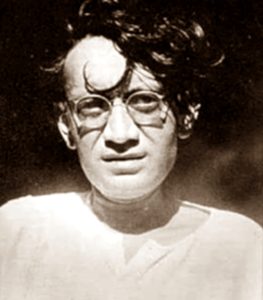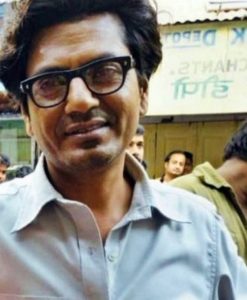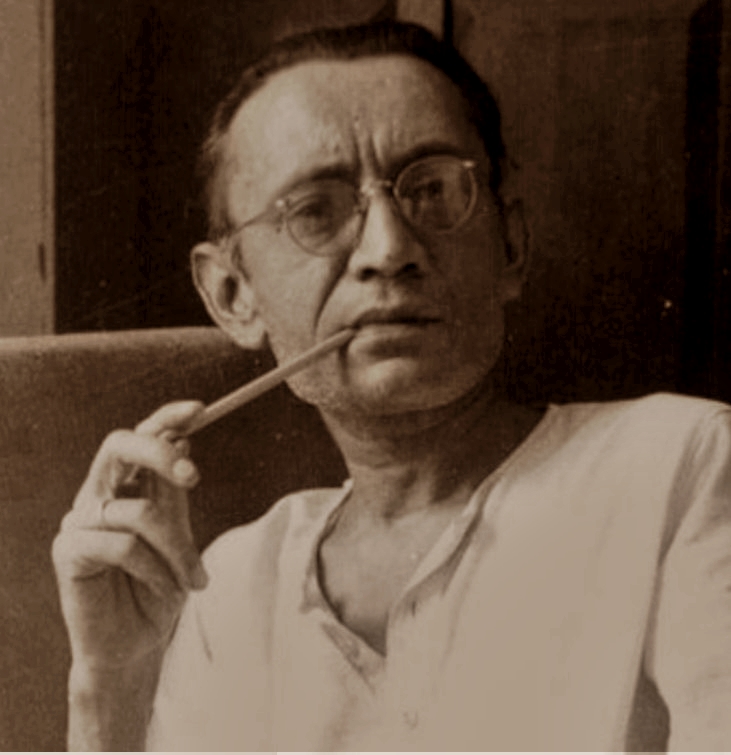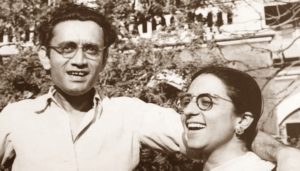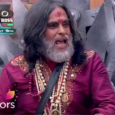Saadat Hasan Manto was a Pakistani playwright, writer, and author who primarily write in Urdu language. He has been credited as a writer of 1 novel, 22 collections of short stories, 3 essays collections, and 5 sets of radio plays. He has also done 2 sets of personal sketches. He has been praised and highly regarded by both critics and peers for his short stories that laid down the absolute bare truths about the darkness within humans and other facets of life.
The upcoming Bollywood flick ‘Manto’ starring Nawazuddin Siddiqui in the lead role of Manto is a biographical movie about the life and work of Manto. It is directed by Nandita Das. The film met with rave reviews when it premiered at Cannes in May 2018. The film will release in India on 21st Sep 2018.
Life and Career
- Manto was born on May 11, 1912 into a family of lawyers in Paproudi village, located in Samrala, Ludhiana district, in the province of Punjab, British India. His father was a judge in a regional court.
- In 1933, Manto met scholar and writer Abdul Bari Alig who asked him to read authors from Russia and France. This was a major turning point in his life. He read up on the authors and soon published an Urdu translation of The Last Day of a Condemned Man written by Victor Hugo.
- Manto also started working in the editorial section of Masawat, a daily published in Ludhiana.
- A year after meeting Alig, Manto joined Aligarh Muslim University to finish his graduation. At the university, he became acquainted with progressive writers. He wrote the short story ‘InqlaabPasand’ in 1935.
- Manto started working for the Urdu channel of AIR (All India Radio) in 1941. During this phase of his life he wrote many radio plays, topical essays, and short stories, the most famous being ‘AfsaneaurDramey.’
- In 1942, he left AIR after differences with the director of Urdu AIR and moved base to Bombay. He found work in the film industry as a screenwriter for many movies, including Shikari, Mirza Ghalib, Aatth Din, and ChalChal Re Naujawan, etc.
- Manto did not immediately leave India after the 1947 Partition. Instead, he continued working in the film industry in Bombay. The aftermath of the Partition was so bad, that he was made to realize his religion for the first time in his life. Hence, he migrated to Pakistan in Jan 1948.
- Manto’s works in India were typically progressive and left leaning. His deteriorating financial status and other societal problems made his writing darker and more satirical. He was tried for obscenity in courts but was not found guilty on any occasion.
- Manto passed away in Lahore on January 18, 1955 at the young age of 42, succumbing to alcoholism.
Personal Life
- In 1939, Manto wed Safiyah Manto. The couple had two daughters named Nuzhat Arshad and Nursat Jalal.
- He was honored with the Nishan-e-Imtiaz award by the Government of Pakistan on 14th Aug 2012.
